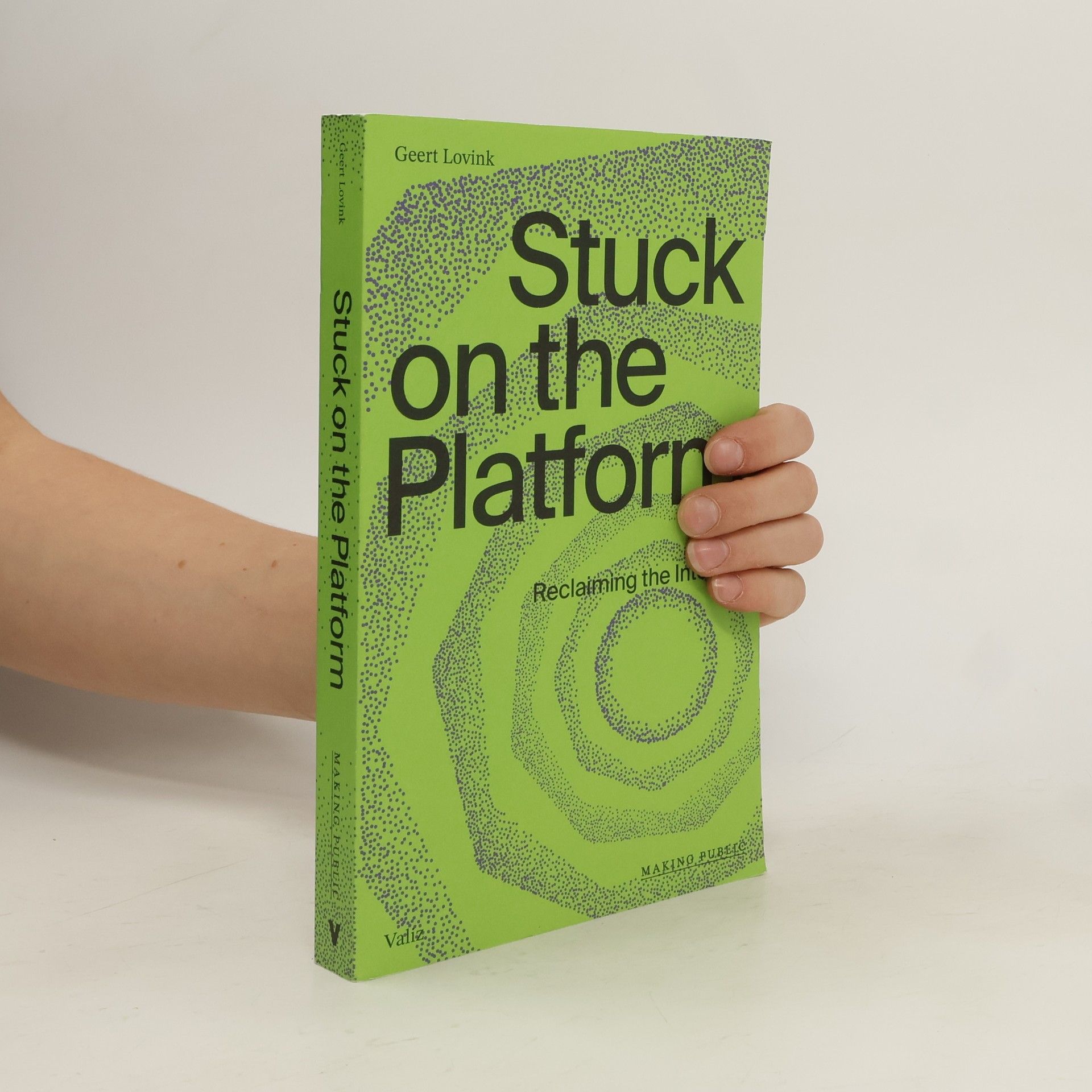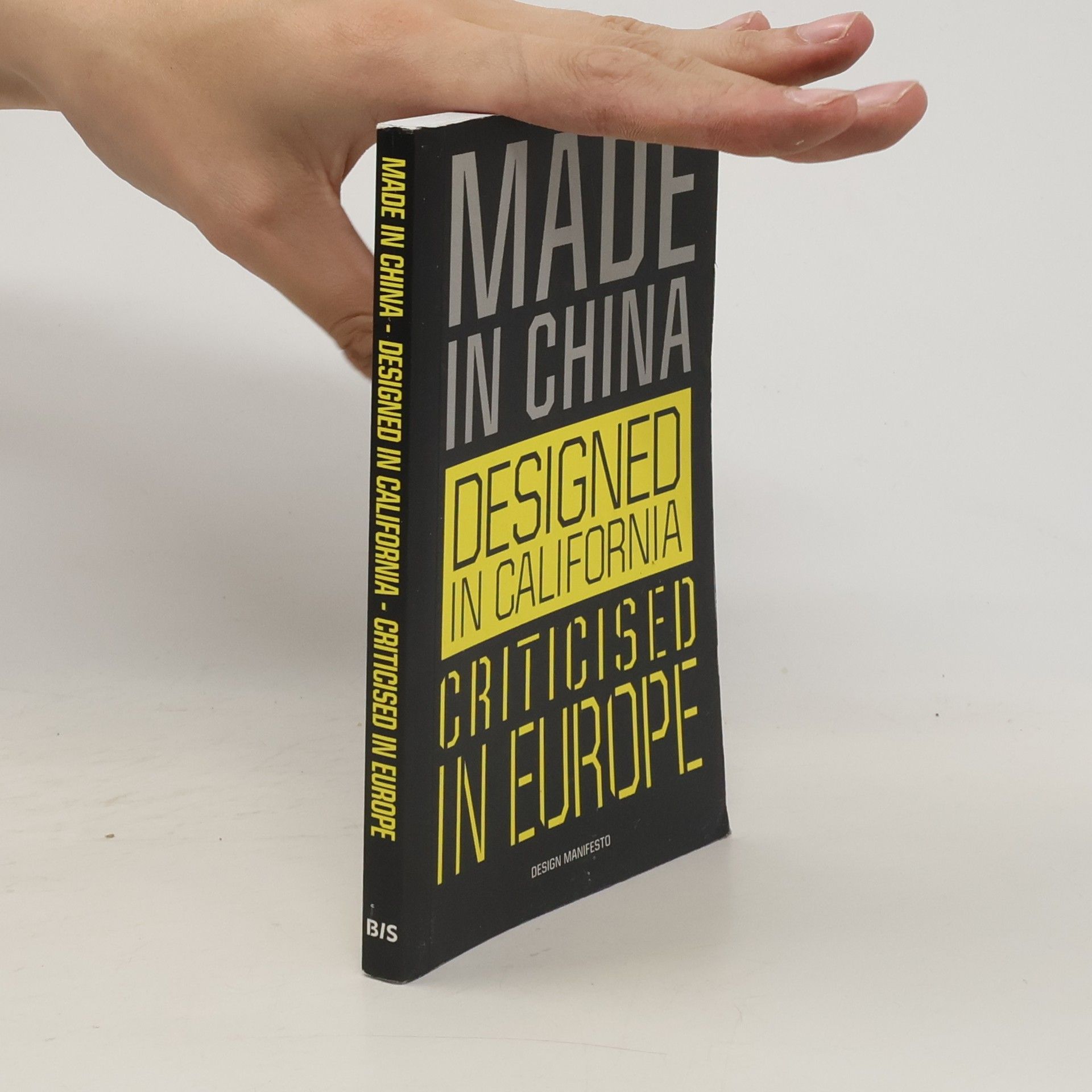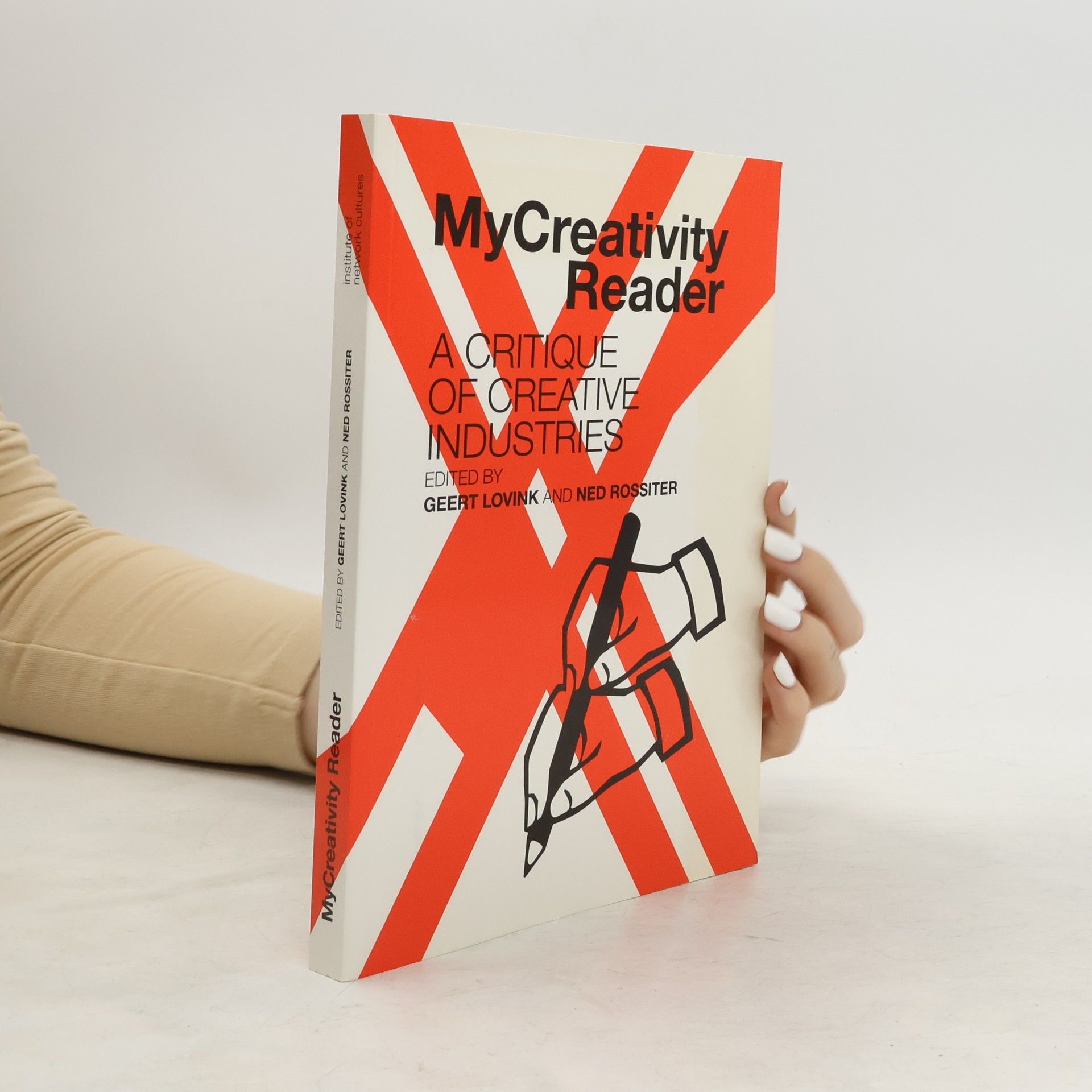Stuck on the Platform
Reclaiming the Internet
We?re all trapped. No matter how hard you try to delete apps from your phone, the power of seduction draws you back. Doom scrolling is the new normal of a 24/7 online life. What happens when your home office starts to feel like a call center and you?re too fried to log out of Facebook? We?re addicted to large-scale platforms, unable to return to the frivolous age of decentralized networks. How do we make sense of the rising disaffection with the platform condition? Zoom fatigue, cancel culture, crypto art, NFTs and psychic regression comprise core elements of a general theory of platform culture. Geert Lovink argues that we reclaim the internet on our own terms. Stuck on the Platform is a relapse-resistant story about the rise of platform alternatives, built on a deep understanding of the digital slump.00Geert Lovink is a Dutch media theorist, internet critic and author of Uncanny Networks (2002), Dark Fiber (2002), My First Recession (2003), Zero Comments (2007), Networks Without a Cause (2012), Social Media Abyss (2016), Organisation after Social Media (with Ned Rossiter, 2018) and Sad by Design (2019).








